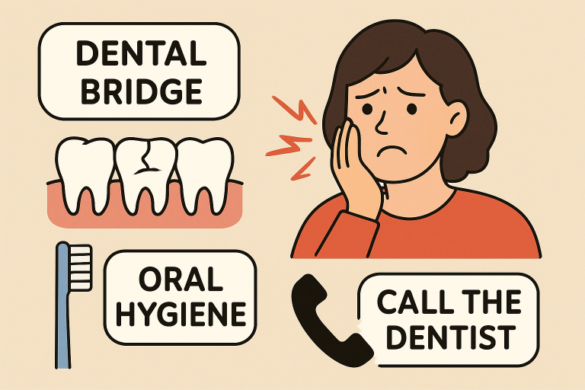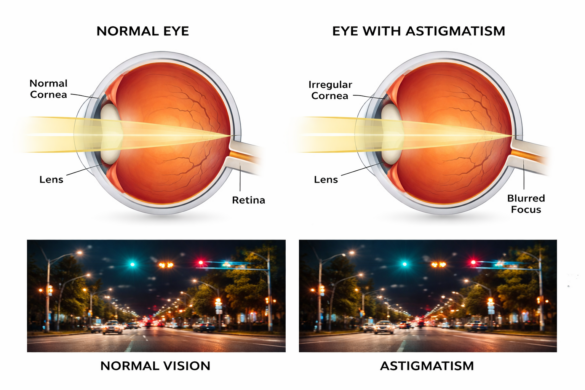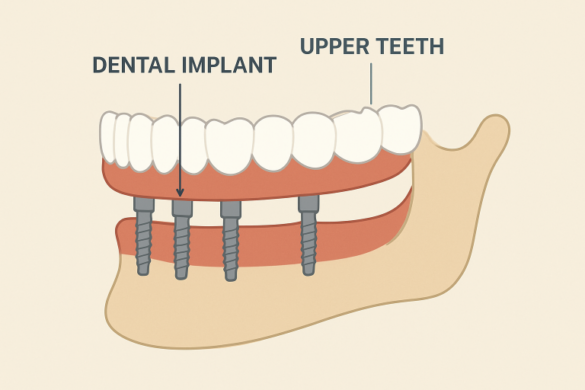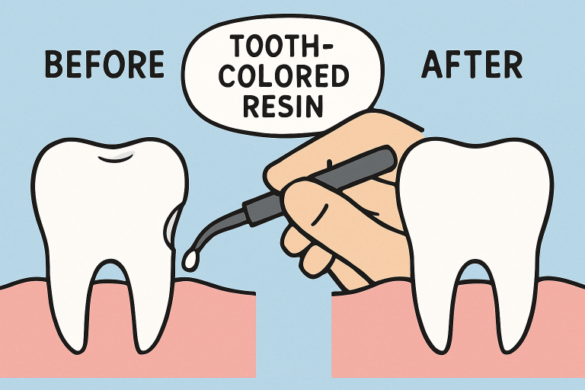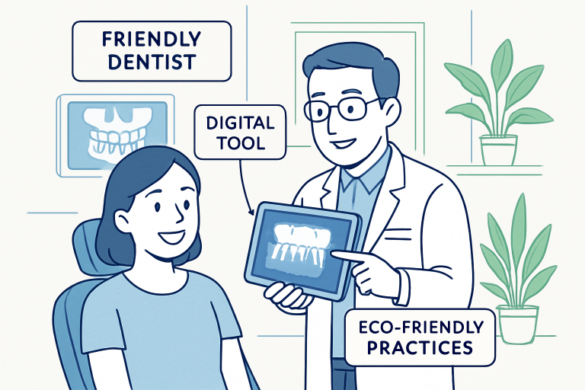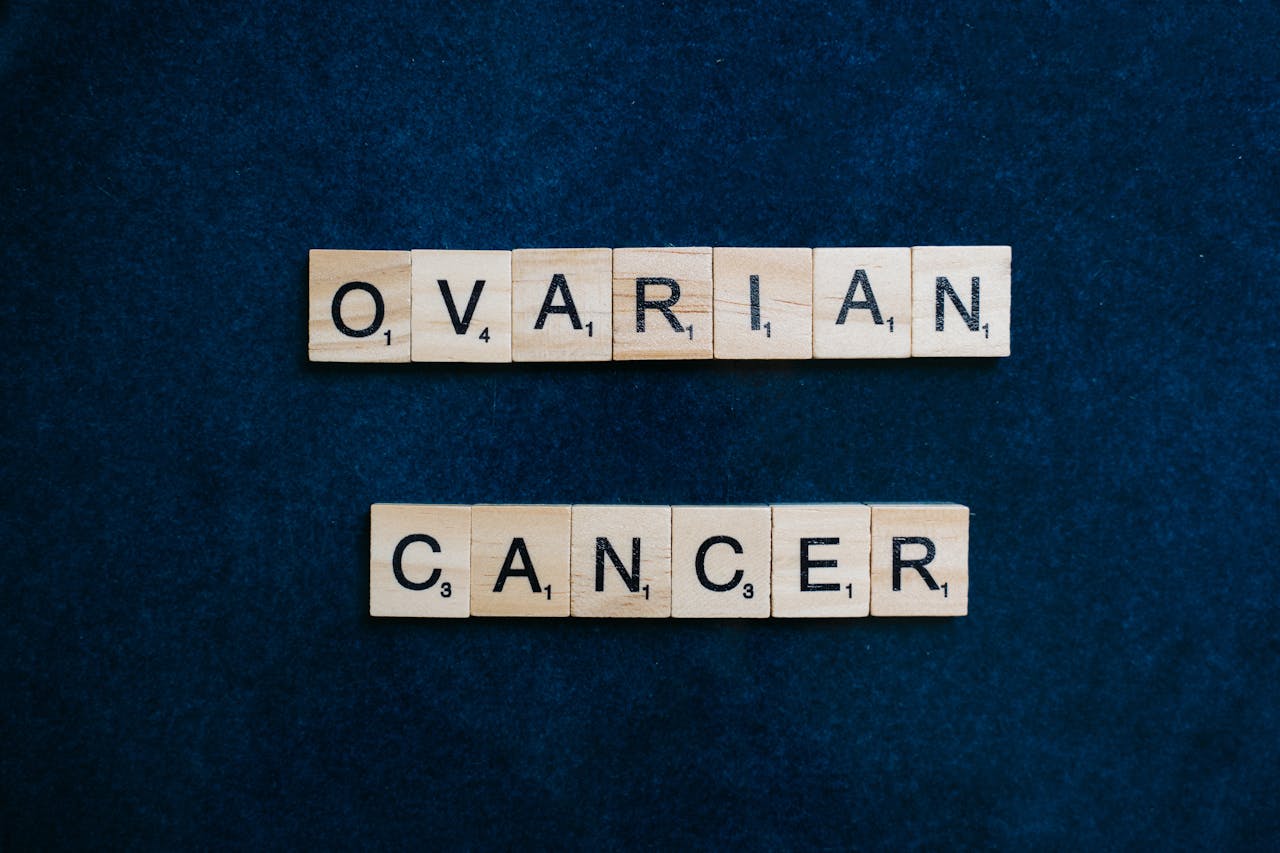 Most people don’t think about ovarian cancer until it touches someone they know. It doesn’t get the same attention as other cancers, which means many people have no idea what the symptoms are. That silence can be dangerous, because ovarian cancer is often found late, when it’s harder to treat. Awareness months and awareness days are designed to change that. They create a chance for people to learn, talk, and support one another.
Most people don’t think about ovarian cancer until it touches someone they know. It doesn’t get the same attention as other cancers, which means many people have no idea what the symptoms are. That silence can be dangerous, because ovarian cancer is often found late, when it’s harder to treat. Awareness months and awareness days are designed to change that. They create a chance for people to learn, talk, and support one another.
Why ovarian cancer slips under the radar
Ovarian cancer is tricky because the early signs don’t seem like a big deal at first. Things such as bloating that sticks around, stomach or pelvic pain, needing to pee more often, or feeling full quickly can all be signs. The problem is those things can happen to anyone for all sorts of reasons, so many people ignore them.
Another issue is that there isn’t a routine test that checks for ovarian cancer. A Pap smear only looks for cervical cancer, so it won’t catch problems with the ovaries. This is where awareness comes in. When people know that the signs aren’t “just normal,” they’re more likely to push for answers. That’s one reason events like low-grade serous ovarian cancer day are important — they give people a reason to pay attention and talk about it.
What awareness really does
At first, an awareness month or day might seem like just ribbons or hashtags. But it’s more than that. It’s about repeating the key messages over and over until they stick: know the signs, track symptoms that don’t go away, and see a doctor when something feels off.
Awareness also brings stories out into the open. Hearing about someone who noticed the signs and went to the doctor in time can give others the courage to do the same. Real experiences connect with people in a way facts alone sometimes can’t.
Spotting patterns and trusting instincts
There are a few main symptoms doctors often mention. Constant bloating, pain in the belly or pelvis, changes in appetite, and needing to use the bathroom more often. One day of these isn’t a reason to panic. But if they keep happening most days for several weeks, that’s when it’s important to see a doctor.
Writing things down can make the appointment easier. A note on how long the symptoms have lasted or how strong they feel gives doctors a clearer picture. That small step can speed up getting the right tests.
Why rare types matter too
One type called low-grade serous ovarian cancer, or LGSOC, shows why awareness is so important. It’s less common, and it often affects younger women compared to other types. It grows slowly, which sounds like it would be easier, but it also doesn’t respond very well to standard chemotherapy. Doctors often rely on surgery or hormone treatments, and researchers are looking into new options.
Because it’s rare, it doesn’t get as much attention or funding. That’s why awareness days that focus on it matter. They push the condition into the spotlight and remind women dealing with it that they aren’t invisible.
How awareness turns into action
Talking about ovarian cancer is the first step, but the real goal is action. That can be as simple as telling a friend or family member about the symptoms, or encouraging someone to get checked if something doesn’t feel right.
Awareness months also bring people together through events and fundraisers. These raise money for research and patient support, but they also spread knowledge in everyday conversations. Even small reminders, like a post online or a ribbon on a jacket, can reach someone who needed that push to see their doctor.
The kind of support that matters
For women living with ovarian cancer, awareness is also about feeling supported. The practical side of support matters a lot. Offering a ride to the hospital, making a meal, or sending a quick message can make someone’s day easier.
It’s also about listening. Some days a person might want to talk about what they’re going through, and some days they may want quiet. Respecting that shows real care. The little things build trust and make a tough situation feel a little less heavy.
Clearing up the myths
Awareness also helps clear up confusion. A common myth is that Pap smears check for ovarian cancer, but they don’t. Another is that only older women get it. While age does raise the risk, younger women can still get ovarian cancer, especially rare types like LGSOC.
And while bloating around a period is normal, bloating that sticks around week after week isn’t. Knowing the difference matters, and awareness spreads that message clearly.
Why awareness saves lives
The reason awareness matters so much is simple: it helps catch ovarian cancer earlier. When people know what to look for, they’re more likely to notice patterns and act sooner. Telling a doctor, “These symptoms have been happening most days for a month,” can make all the difference in getting the right tests.
It also reminds doctors and nurses to take symptoms seriously and not dismiss them as minor. When patients and health professionals are both more alert, chances of early detection go up.
More than medicine
Awareness is not only about facts and tests. It’s also about hope and community. For women facing ovarian cancer, knowing that others are paying attention can bring comfort. For families who’ve lost someone, awareness events can honor their memory while helping others.
Things like teal ribbons, school projects, or local walks may look small, but they send a big message: this matters, and nobody should feel alone in it.
What it adds up to
Ovarian cancer can be hard to spot early, but awareness changes that. By teaching people the signs, encouraging them to trust their instincts, and giving rare types like LGSOC more attention, awareness events make a real difference.
They don’t just spread knowledge. They save lives, give families support, and push research forward. Even small conversations matter. Talking about ovarian cancer takes away the silence and replaces it with support, and that’s what awareness is really about.

